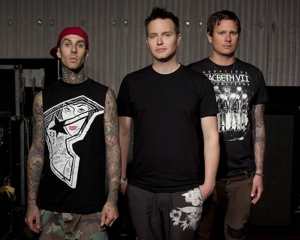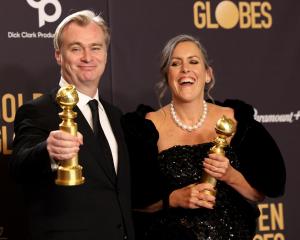I was prepared to hate, or at least be supremely bored by, Top Chef Masters, the spinoff of TV3 popular cooking competition show.
From the first moments of the first episode, it struck me as so derivative that I thought the entire genre might have jumped the shark.
A "culinary clash of the titans"? If that's not a direct quote from Iron Chef America, itself a lesser spinoff of the original 1990s cult Japanese hit, it sure sounds like one.
But while ICA features stars famous enough to be known as merely Mario or Morimoto, Masters gives us the likes of Michael Schlow, Wilo Benet and Suzanne Tracht, well-regarded American chefs, but certainly not household names.
The rest of the setup felt formulaic, too.
There's the stick-thin robo-host, in this case New York TV personality Kelly Choi, sheer plastic compared with Top Chef bombshell Padma Lakshmi.
On the judges' panel, there's the sassy man (Saveur's James Oseland), the sassy woman (former New York Magazine critic Gael Greene) and the token Brit (the London Observer's Jay Rayner).
None of them so far seems to have much facility with an on-camera zinger in the Michael Kors mould from Project Runway, unfortunately.
Masters uses the same production style as Top Chef, including the fisheye lens, sped-up traffic shots, typography, music and product placement, as the original show.
Even the "quick-fire" challenges are reprised from previous seasons of Top Chef.
And from the start, it all seemed a little forced, as in this opening banter between Schlow, chef-owner of Radius in Boston, and Tim Love, chef-owner of Lonesome Dove Western Bistro in Fort Worth:Love: "Better get those knives sharp over there, Michael."
Schlow (brandishing his honing steel): "I'm going to need something to help me out against you, that's for sure."
Ooh, watch out!
But as the drama unfolded, I started to get hooked.
The moment my scepticism faded wasn't when Schlow struggled so much with his dessert that the flop sweat flowed more easily than his chocolate sauce.
It wasn't when Aureole chef Christopher Lee said of one particularly tough Girl Scout helping judge the desserts: "This is the New York Times's food critic 20 years from now."
It was during the elimination challenge, which had the chefs cooking food in dorm rooms with hot plates, microwaves and toaster ovens.
When Hubert Keller, of San Francisco's Fleur de Lys, took a pot of hot pasta into the shower and used the spray nozzle to cool it off, a truly brilliant solution to a limited-equipment problem, I was ready to give the show a chance.
Seeing how the pros hold up (or don't) under pressure, in fact, turns out to be the biggest appeal of Top Chef Masters.
These are chefs who have run successful, acclaimed restaurants for years, even decades, and anybody in that position possesses a healthy if not extreme ego.
So when they slip up, I couldn't help but get a jolt of perverse satisfaction.
Wylie Dufresne, one of the bigger names to appear on the show so far, was particularly intimidating in his own guest-judge appearances on Top Chef, which made his rushing around and cursing in this show all the more entertaining.
When he left the chicken off one judge's plate, his wide-eyed expression of horror said it all: No immersion circulator or liquid-nitrogen machine could save him now.
One of the main differences between Masters and the original show is that these chefs are playing for their favourite charities, presumably because they don't need "$100,000 to kick-start their culinary career".
Another is that each episode features a new group of four chefs, with one of them winning a chance to come back in a few weeks for the championship round; the rest are sent packing.
Both differences serve to sap the show of some of its much-needed tension.
The chefs don't become characters whom viewers get to know very well, so we don't care as much as we should about whether they win or lose.
And the stakes seem lower: Sure, it'd be great to give a children's charity a nice big cheque, but chefs are involved in so much philanthropic work that this is mere icing on the cake.
When they're in front of the judges, the chefs take criticism much better than many of their Top Chef counterparts.
That makes for less drama (no back talk, no throwing anybody under the bus), but it's oddly reassuring, too.
Here's a thought: Is that mind-set one of the keys to a chef's success? I hope the next group of Top Chef contestants is watching.












